RAAC: Children's Commissioner Rachel de Souza answers your questions on concrete and schools
- Published
- comments
Children's Commissioner answers your questions
Dame Rachel De Souza, the Children's Commissioner for England, has been answering YOUR questions about school building closures due to RAAC concrete.
"We're hearing from lots of children and parents who are just worried," she told Newsround presenter Ricky Boleto.
"Everyone got ready to start the new term, they've got their pencil cases, their uniforms ready, they're really excited - we know how important it is and then for some children - it's a real worry that the start of term is disrupted."
RAAC is a type of concrete and stands for reinforced autoclaved aerated concrete, it's not as strong as standard concrete and there are concerns that buildings made using RAAC could now be unsafe.
As Children's Commissioner for England, Rachel's role is to protect children's rights. "My job is to hold government and parliament to account", she explained, saying she has been in the office of ministers every day on behalf of children to ask the hard questions.
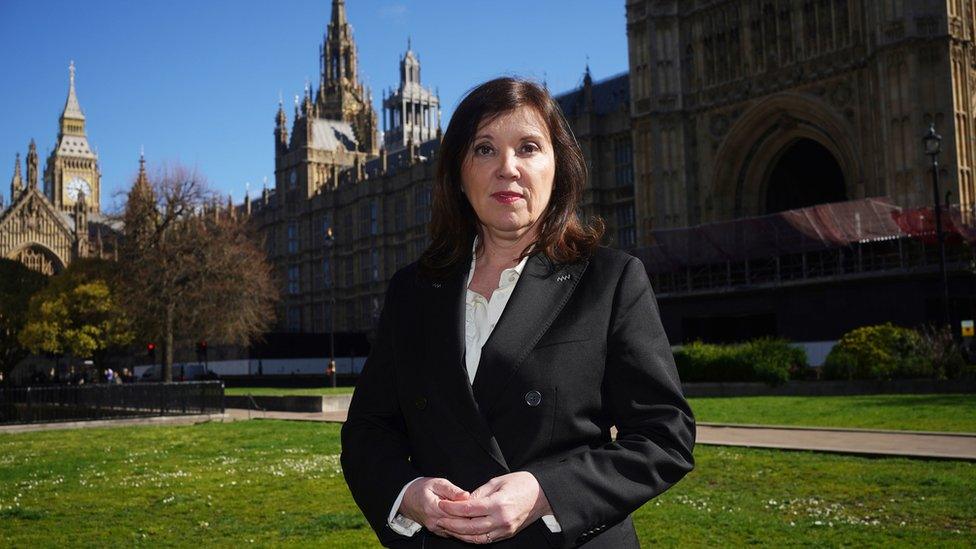
It is the Children's Commissioner for England's job to protect and promote the rights of every child in England. The children's commissioner is not a politician and promises that they "will use our powers and independence to ensure that the views of children and young people are routinely asked for, listened to and acted upon and that outcomes for children improve over time".
When Ricky asked if she is happy with the answers she's getting from the government, the Children's Commissioner said: "I think everyone is working really hard.
"I don't think there's anybody who isn't really concerned or worried about the fact that the start of school has been disrupted for children.
"Most importantly, I think everyone is really, really concerned about safety."
Why has this issue with RAAC only been discovered recently?
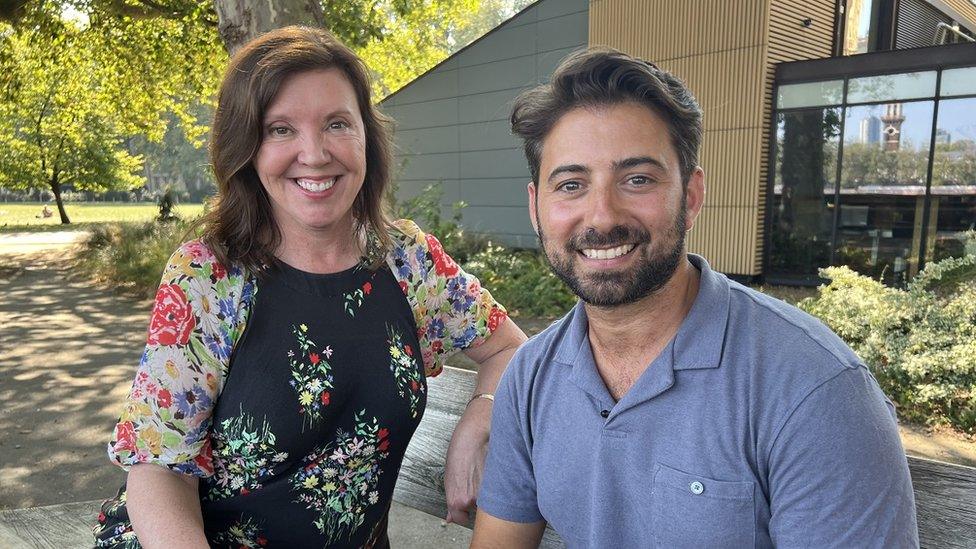
The UK government, which makes decisions for schools in England, has faced criticism for telling schools to close buildings this close to the start of a new term.
One question sent in by a Newsround viewer asked why has the problem with RAAC only been identified now?
"This material was used in school buildings from the 1950s through to the 1990s and was really only meant to last 30 or 40 years," says the Children's Commissioner.
"What's happened, there's been a few incidents last term and during the summer - the specialists have looked at it and realised; actually this needs sorting now. "
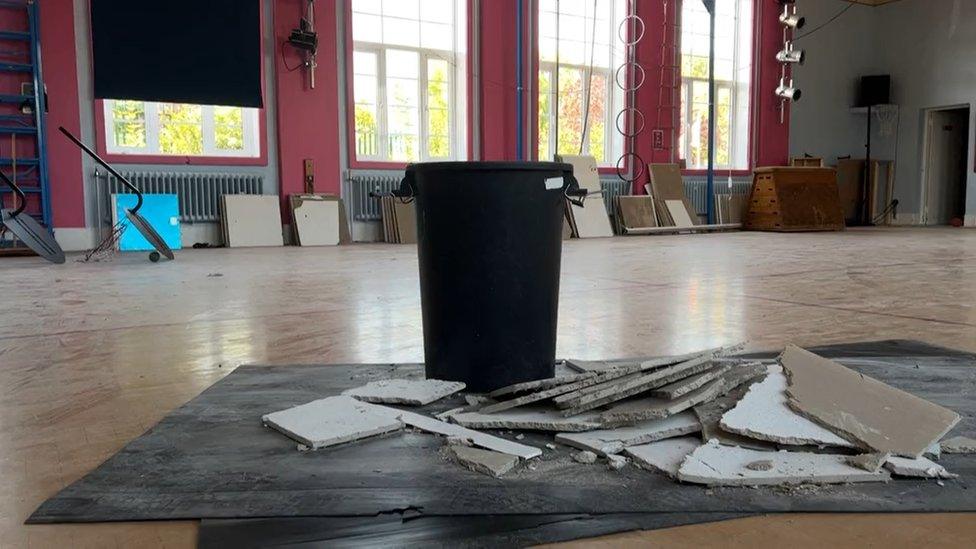
The government says it has been inspecting the conditions in school buildings since 2017, but Education Secretary Gillian Keegan said that three incidents over the summer had led her to take action to close school buildings - just days before the new school year was due to begin.
If it was known that RAAC was only going to last for 30 years, why was it used?
Why are problems with concrete causing schools to close?
Another question asked why was RAAC used in the first place if everyone knew it would only last for a certain amount of time.
"I think when it was first used in the 50s, there was an awful lot of building that needed to happen.
Explaining that there was maybe an expectation that new buildings would be built before RAAC started to degrade and disintegrate, Dame De Souza added: "It was absolutely reasonable to think that we would have a rebuild programme and that life of 50 years [for buildings with RAAC] was enough."
How do we know if our school has RAAC?
School closures: Children felt 'nervous and confused' after RAAC found in their school
The Department of Education says that any school building with RAAC - which is a certain type of concrete - "should no longer be open".
The government says closed buildings can't open up again until safety measures, like repairs to strengthen the building, have been put in place.
Because of this, more than 100 schools across England and two in Wales have been told to shut their buildings, with some having to close entirely just as the new school term began this week.
In Scotland, 35 schools are known to have RAAC in their buildings and in Northern Ireland, it's being looked into at the moment.
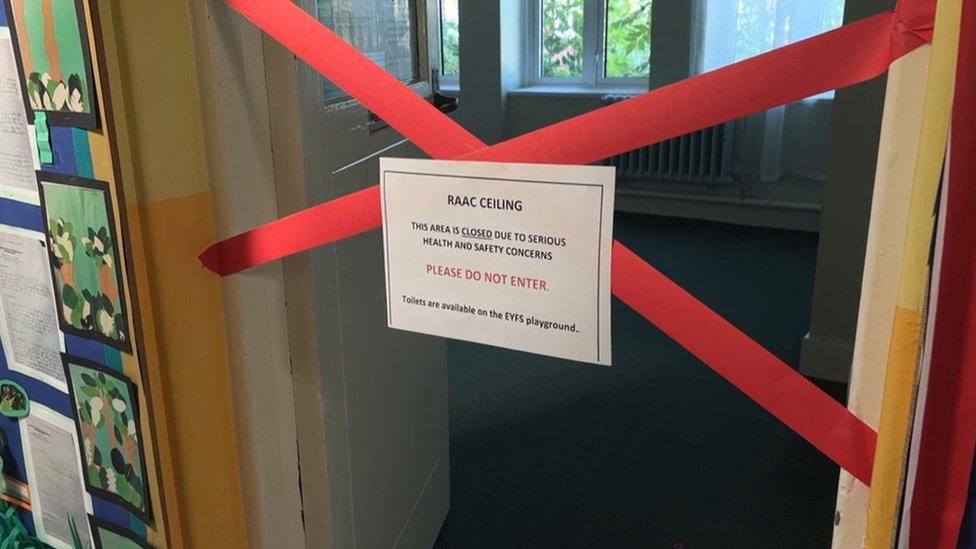
The Children's Commissioner explained that if children haven't heard anything now, their school will not be affected.
"Every headteacher will now know whether they've got RAAC and they will have talked to the parents and the children.
"Most people, the vast majority of children, their schools will not be affected. If they were, they would know about it - schools will be communicating, I know headteachers, they will be talking to parents, talking to children.
"So really, do not worry about it if you haven't heard."
How long will school buildings be closed for?
It's unclear how long school buildings will be closed, but headteachers are being asked to make alternative arrangements so that children can have lessons in other buildings.
Work then needs to take place to strengthen the buildings with RAAC to make them safe.
The government says money will be made available for schools needing to fix their buildings.
"I'm absolutely focussed on making sure that every child is in, learning in front of a teacher and if a school has had to close and a small number of them have, there's an alternative arrangement made, absolutely quickly, said Dame De Souza.
"If it goes on more than days, I'm going to be hot on the heels of ministers and others to make sure that children are in a proper situation," she added.
- Published19 September 2023
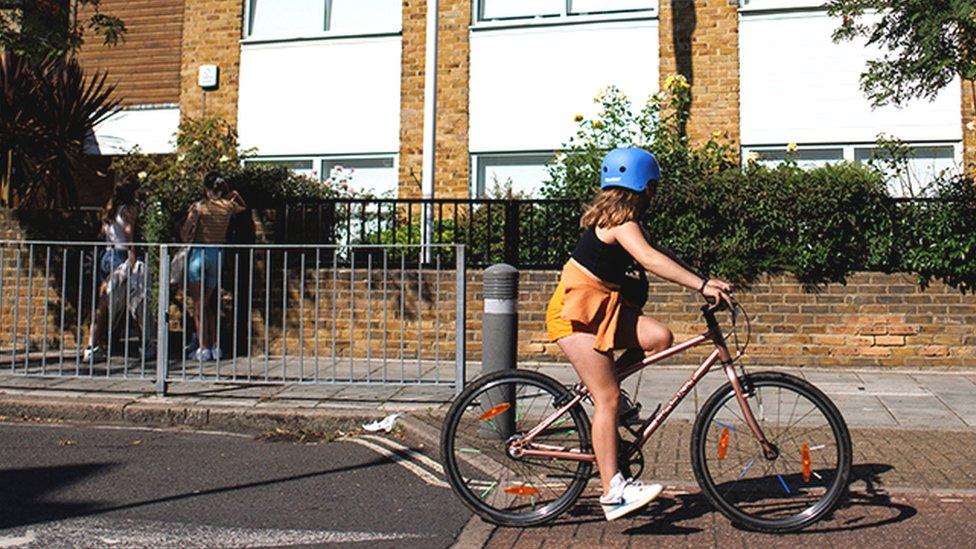
- Published7 September 2023
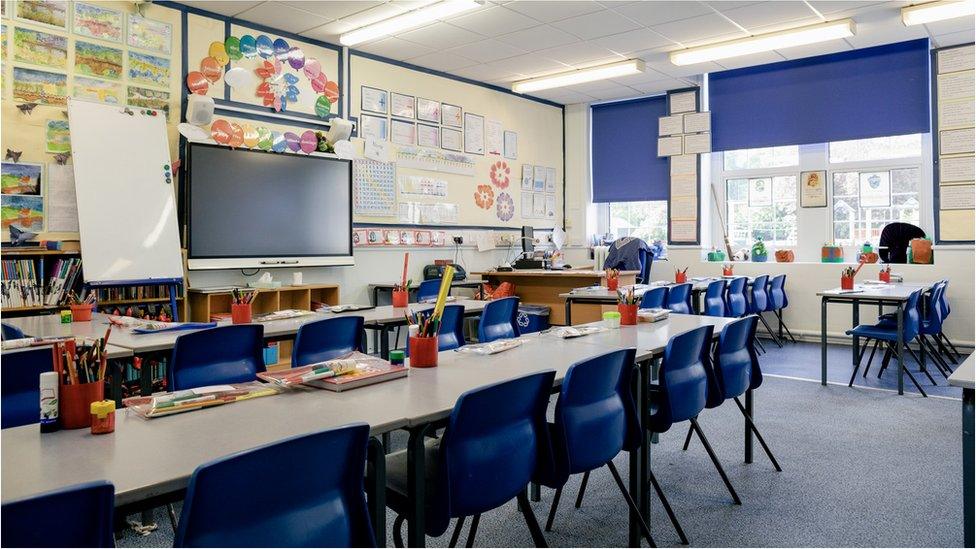
- Published7 September 2023

